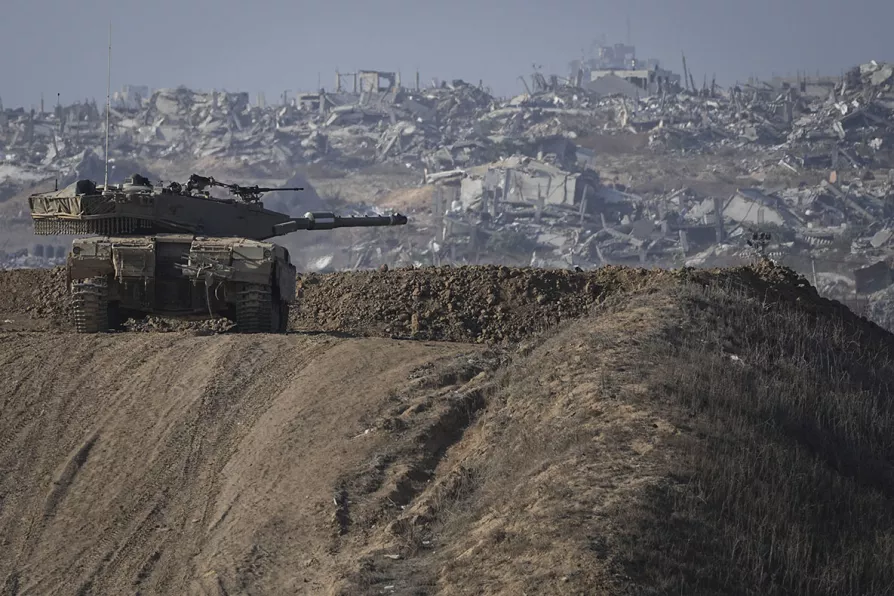Top aid group accuses Israel of ‘suffocating’ humanitarian support into Gaza

 An Israeli armoured vehicle sits on an Israeli army position at the Israel-Gaza border, as seen from southern Israel, December 1, 2024
An Israeli armoured vehicle sits on an Israeli army position at the Israel-Gaza border, as seen from southern Israel, December 1, 2024
A TOP aid group accused the Israelis today of “suffocating” humanitarian support for the Palestinians in Gaza.
Spokesperson for the Norwegian Refugee Council, Ahmed Bayram, said the people of Gaza are suffering from a massive shortage of humanitarian supplies.
Mr Bayram said: “I think, at this rate, Israel is suffocating the support for these people,” adding that Gaza needs 25 supply trucks to enter each week instead of the “10 or 11” that bring aid into the enclave now.
Similar stories

Barely 100 trucks enter as bombs kill another 60













